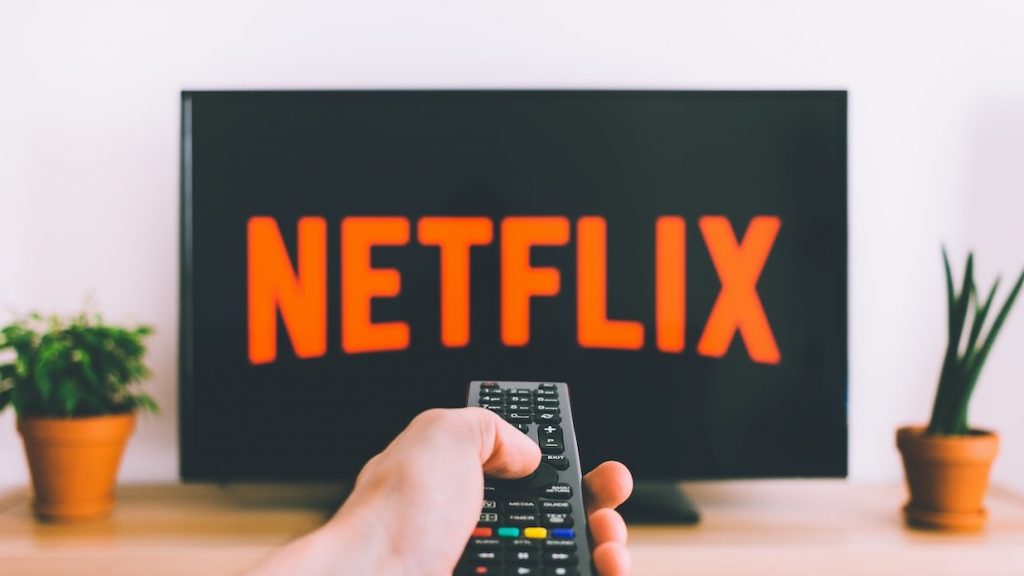For centuries, the only way people could read was through books. It is important to state that books were not always widely available. Although the first writing can be traced back to 3,200 BCE when the Sumerians developed the cuneiform script, it was only in the 13th Century that books were widely available for many people. All thanks to the invention of the printing press by the German inventor Johan Guttenberg. According to Encyclopedia Britannica “Before the invention of printing, the number of manuscript books in Europe could be counted in thousands. By 1500, after only 50 years of printing, there were more than 9,000,000 books. These figures indicate the impact of the press, the rapidity with which it spread, the need for an artificial script, and the vulnerability of written culture up to that time.” [1]
The Age of Netflix
Six centuries later, another invention is changing the way humans learn and obtain information – video streaming.
If the age from 1400 could be called the “Age of printing”, the age from 2000 can be called “the Age of Netflix”. Technological advancements such as computers and smartphones are providing a new form of accumulating information and videos. For millennials and the post-millennial generation, they don’t even remember a time when reading was the only way they could learn.
No other platform utilizes this change than Netflix, a popular video streaming site that has more than 220 million subscribers.
Videos Are Winning
It seems that reading books is becoming old fashion and watching Netflix is the new fashion.
Average reading time is decreasing while average screen time is increasing. The American Academy of Arts and Sciences reports that “From 2003 to 2018, the average amount of time Americans spent reading for personal interest per day fell by six minutes, to less than 16 minutes per day. In comparison, Americans spent an average of two hours and 50 minutes each day watching television, and 28 minutes playing games and using computers for leisure in 2018. The time spent on each of the latter activities increased from 2003 to 2018.” [2]
Book sales statistics from 2012 show that reading is losing ground steadily. Book sales went from $30 billion in 2012 to $27 billion in 2021, a year that there was a spike in book sales due to the pandemic.
Bestselling books such as Harry Potter, The Lord of The Rings, and The Chronicles of Narnia have been turned into movies. In some cases, the movie’s adaptation has grossed more than the books. The Harry Potter series books have sold $7.7 billion since 1997 while the movies have grossed $17.8 billion at the box office and DVD sales.
Video forms of entertainment are gradually replacing books.
The Case for Books
Given the facts presented earlier, why then are books important? Why should a person read a book over watching the movie? Is there a good case for books? Are books still relevant? What advantage do books have over movies?

Books allow room for imagination
Everyone reads a book differently. Individual perceptions and history will influence how each person understands a book. While authors generally have a central theme they want to communicate, readers often pick lessons that are relevant to them only. Also, readers create the scenes in their heads. Take, for instance, a person in Nigeria may read The Chronicles of Narnia and imagine the Narnia rivers as River Nigeria while a person from the UK may read the Narnia rivers and imagine them as River Thames. On the other hand, movies have the same scenes for everyone. Movies dampen imagination while books allow each person to create scenes in their head.
Books allow the reader to understand deeper
The average length for the top 10 films for the year 2018 was 132 minutes. It is impossible to understand a subject within that timeframe completely. Think about Nelson Mandela’s Long Walk to Freedom, the book covers 630 pages, while the movie was just 2 hours and 26 minutes. How can one understand the full life of Nelson Mandela, who lived to be 95 years in 2 hours and 26 minutes? Excuse me, Nelson Mandela was born on a farm, ran away from home, eventually became a lawyer, and devoted his life to a free South Africa, he spent 27 years in prison and was released in the late 90s, he will serve as President and die at the age of 95 after winning hundreds of awards, is it possible to fully understand such a man in 2 hours? It is not. Books allow for depth whilst movies do not.
Movies miss a lot of important details that may resonate with a person.
The nature of movies is that only a few details, considered to be important by the producers, are included. However, what is important is different for many people. Using Mandela as an example. While the movie focuses on his role as a leader, his family is not a central theme. It is in his books that he writes about his family explaining in detail how and why he married. By reading the book, one gets a closer picture of how his family relationships played. This may be instructive for individuals who are developing their values for family life. So, if one watches the movie without reading the book, one will surely miss this important detail.
Reading develops cognitive skills.
Cognitive skills are the core skills your brain uses to think, learn, remember, reason, and pay attention. Watching a movie is a passive activity, one that does not require active participatory attention. Reading on the other hand is an active participatory activity that engages all your faculties of learning, as a result, it develops your cognitive skills.
These are four reasons why reading is better than watching a movie. A wise man has already said, “Never judge a book by its movie”, because the movie never measures up.
[1] https://www.britannica.com/topic/publishing/The-age-of-early-printing-1450-1550
[2] https://www.amacad.org/humanities-indicators/public-life/time-spent-reading

